Lysogenic conversion –>
lysogeny
(Science: virology) The ability of some phages to survive in a bacterium as a result of the integration of their dna into the host chromosome. The integrated dna is termed a prophage. A regulator gene produces a repressor protein that suppresses the lytic activity of the phage, but various environmental factors, such as ultraviolet irradiation may prevent synthesis of the repressor, leading to normal phage development and lysis of the bacterium. The best example of this is bacteriophage lambda.
Dictionary > Lysogenic conversion
You will also like...
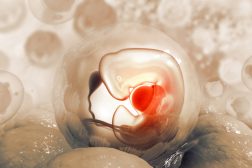
Growth and Development of a Human Baby
Upon fertilization, a zygote forms and develops into an embryo. This tutorial elaborates on the growth and development f..

Gene Action – Operon Hypothesis
Learn how the way genes control and determine every aspect of the body. This lesson uses lac operon as an example. ..
..
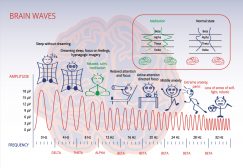
Sleep and Dreams – Neurology
While learning and intelligence are associated with the functions of a conscious mind, sleep and dreams are activities o..
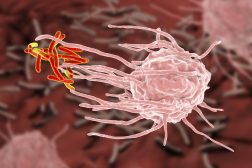
Biological Cell Defense
Organisms employ different strategies to boost its defenses against antigens. Humans have an immune system to combat pat..
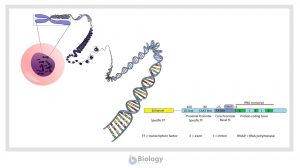
Gene Regulation in Eukaryotes
Learn about the general structure of a eukaryotic gene, the transcription factors, and post-transcriptional regulation....
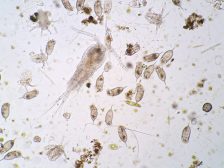
Freshwater Communities & Plankton
Planktons are microscopic organisms that live suspended in aquatic habitats. There are two groups: the phytoplanktons an..

